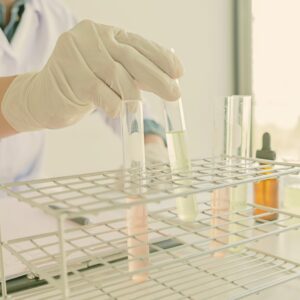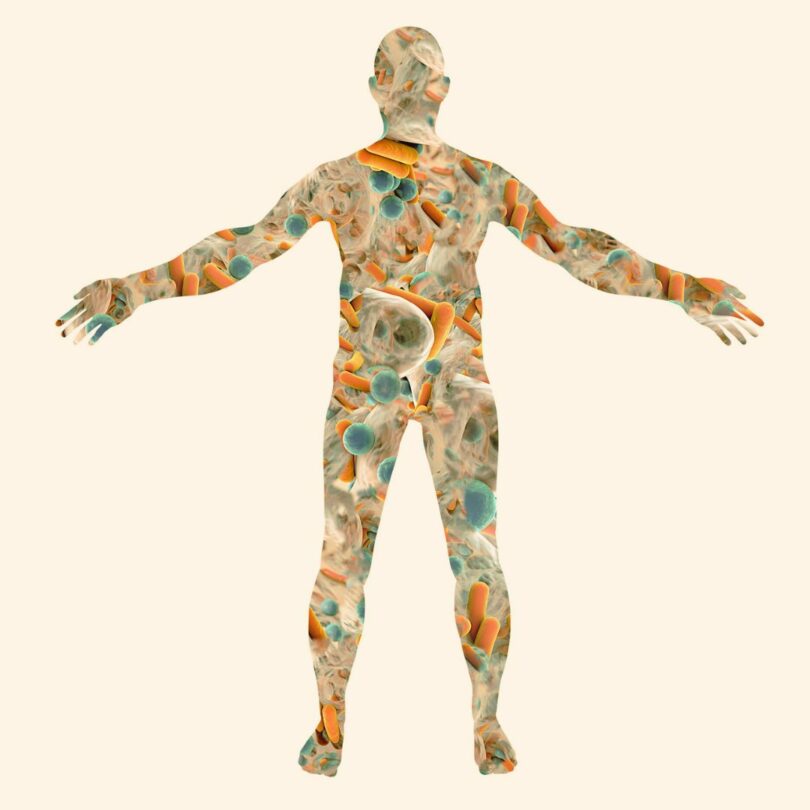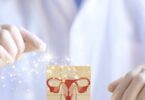In recent years, the intricate world of the human microbiome has emerged as a key player in influencing various aspects of health and disease. One intriguing area of exploration is the semen microbiome and its potential connection to male fertility. A recent study delves into this microbial mystery, investigating the link between the semen microbiome and alterations in sperm parameters.
Semen Microbiome and Male Fertility
For nearly 30% of cases involving abnormal semen analysis (SA) parameters, the root cause remains unidentified. This gap in knowledge prompted researchers to turn their attention to the semen microbiome as a potential contributor to these unexplained cases. The study recruited men seeking fertility evaluation or vasectomy consultation, each with proven biological paternity.
The Study
The researchers conducted semen analysis and employed next-generation sequencing techniques to unravel the microbial landscape within the semen. They aimed to identify specific microorganisms associated with variations in sperm parameters.

Key Findings
The study revealed intriguing associations between the abundance of certain microorganisms and specific sperm parameter alterations. Men with abnormal sperm concentration showed distinct microbial patterns, including higher abundance of Pseudomonas stutzeri and Pseudomonas fluorescens. On the other hand they have lower abundance of Pseudomonas putida compared to those with normal sperm concentration.
Men with abnormal sperm motility exhibited a higher abundance of Lactobacillus iners (9.4%) when compared to those with normal sperm motility (2.6%).
Notably, Lactobacillus iners is already known in other fertility-related contexts. The species promotes the onset of inflammation.
This gives new insights with respect to the possible mechanism linking altered microbiome to changes in semen quality:
Experts assume that changes in semen microbiome may promote a pro-inflammatory environment, which may be one of the reason’s why so many studies have reported that subfertile men have increased levels of subclinical inflammation and increased oxidative stress in their reproductive tract.
Oxidative stress is detrimental for sperm health. Reactive oxygen species are abundant during oxidative stress and can overwhelm antioxidant defence mechanisms. This leads to damage to the sperm membrane, sperm energy production, and even the precious sperm DNA. Ultimately, this results in sperms dying or having low motility or genetic changes, lowering fecundity significantly.
The identification of specific microorganisms associated with altered sperm parameters paves the way for future investigations and potential breakthroughs in the realm of male reproductive health and the underlying mechanism once more underlines the need of an antioxidant regimen for patients suffering from idiopathic subfertility.
Reference
Osadchiy V, Belarmino A, Kianian R, Sigalos JT, Ancira JS, Kanie T, Mangum SF, Tipton CD, Hsieh TM, Mills JN, Eleswarapu SV. Semen microbiota are dramatically altered in men with abnormal sperm parameters. Sci Rep. 2024 Jan 11;14(1):1068. doi: 10.1038/s41598-024-51686-4. PMID: 38212576; PMCID: PMC10784508.







